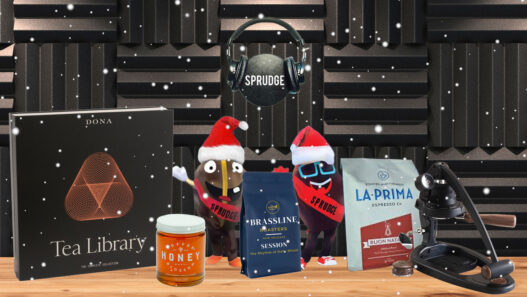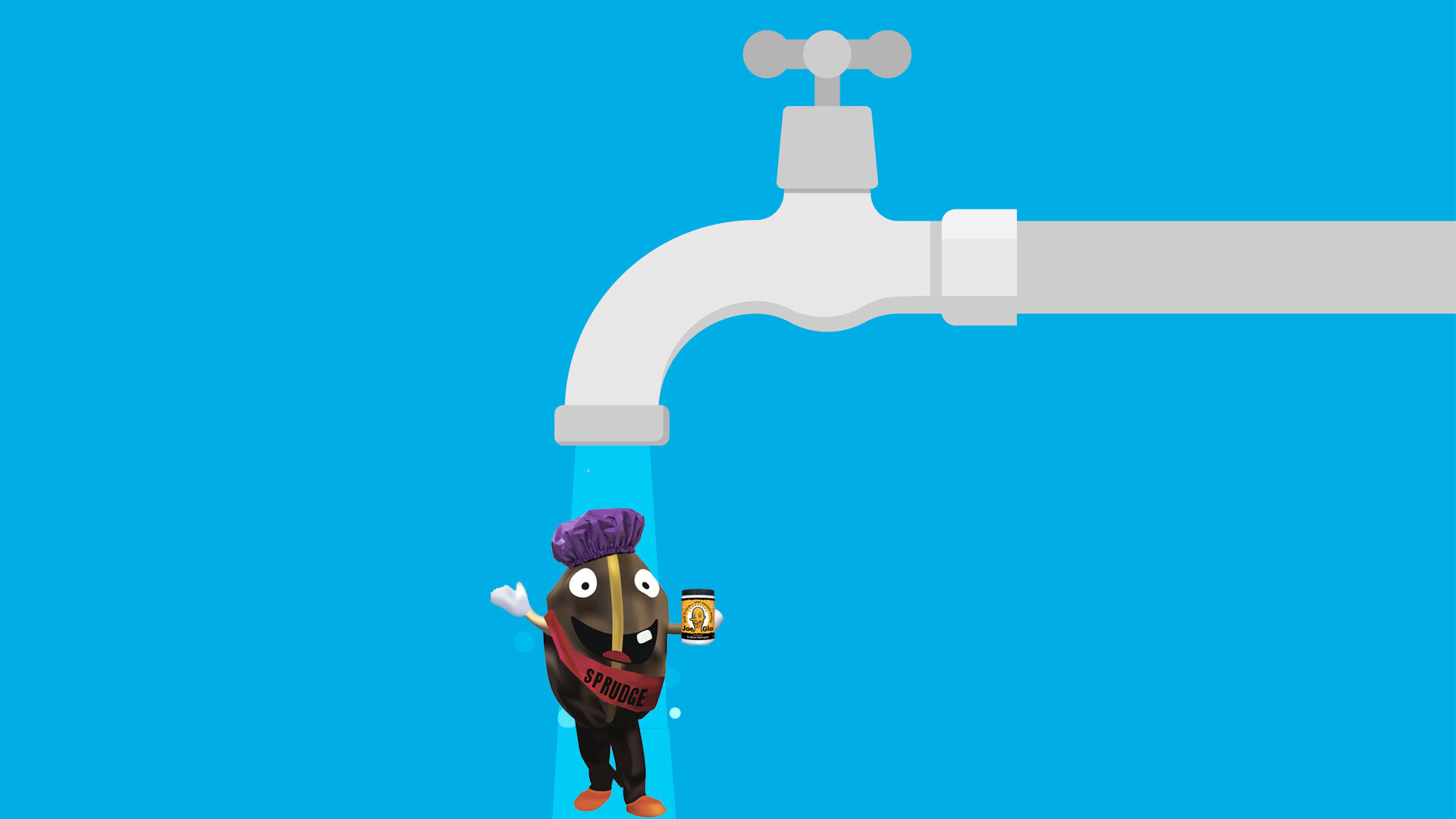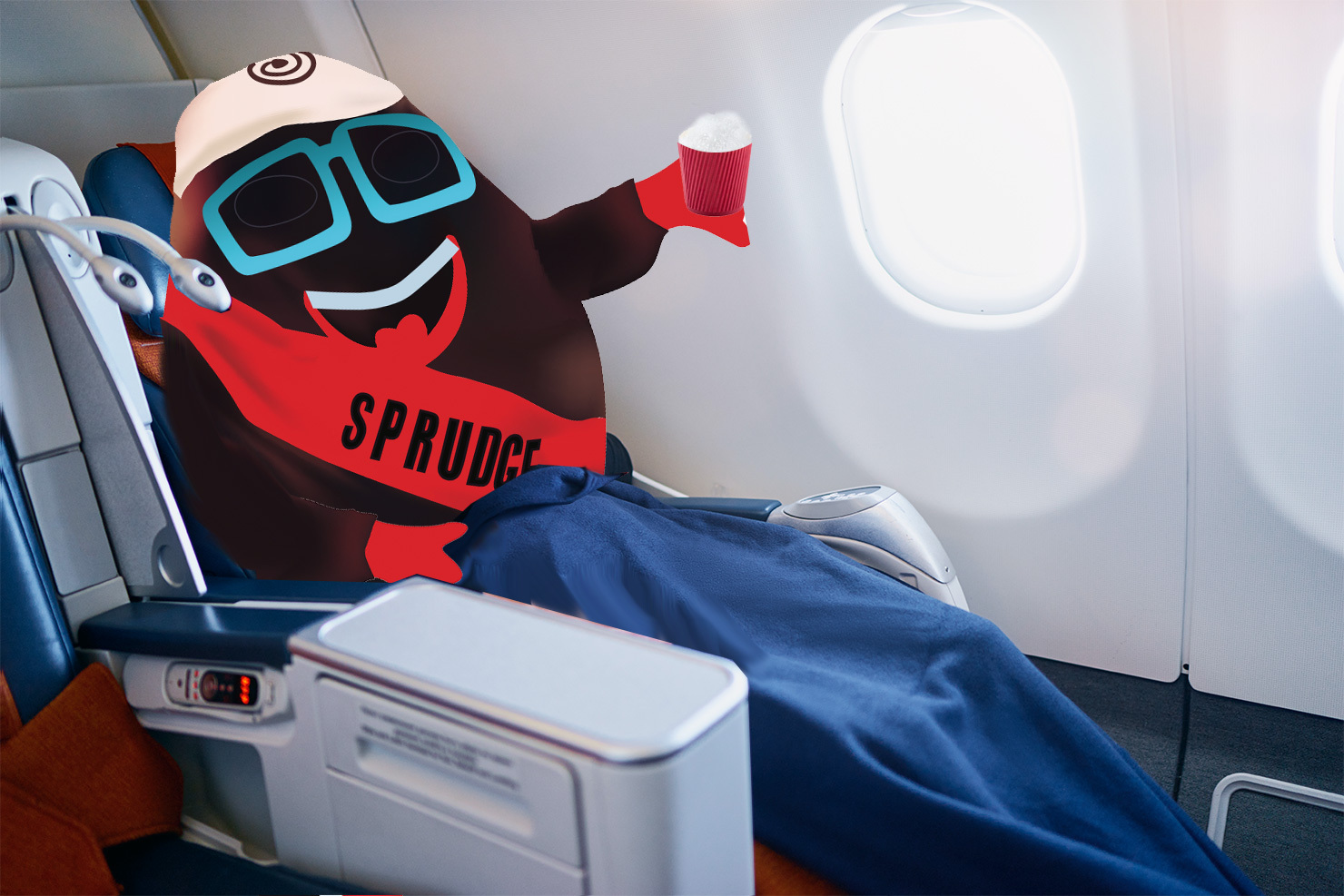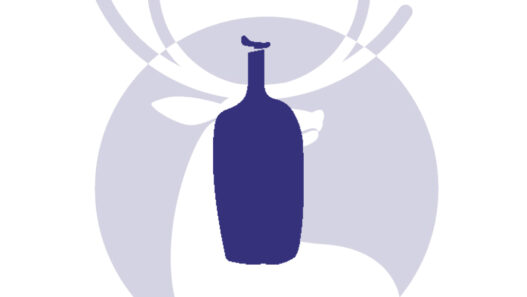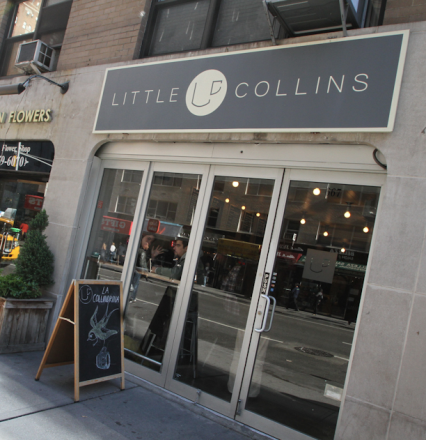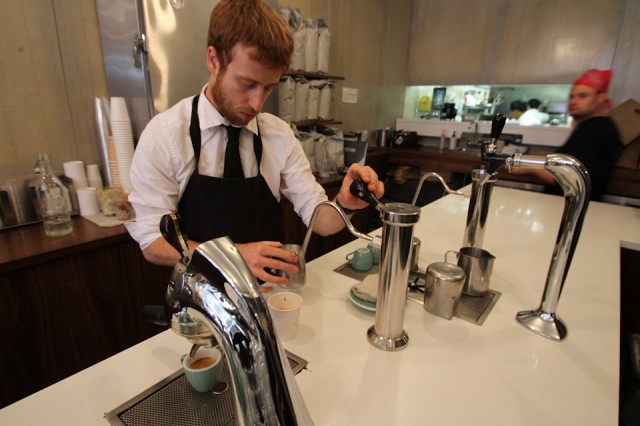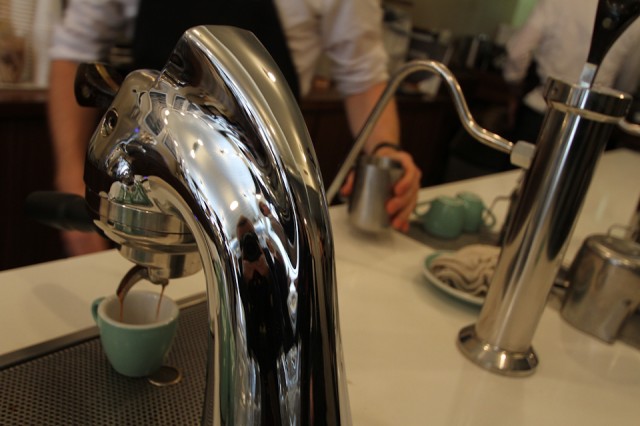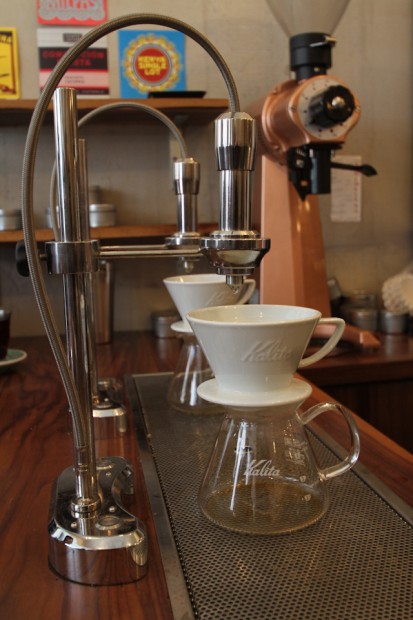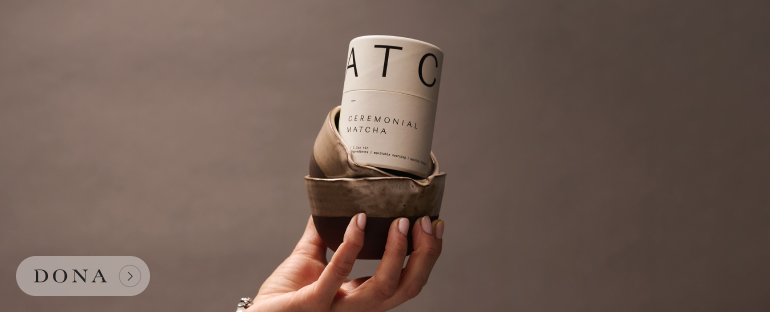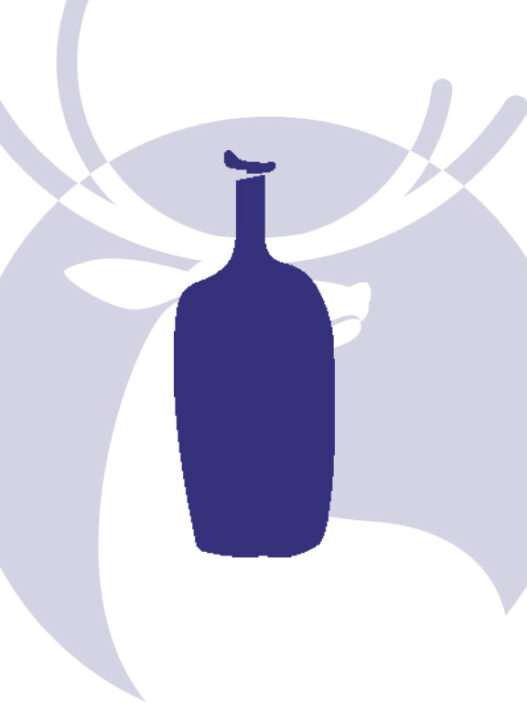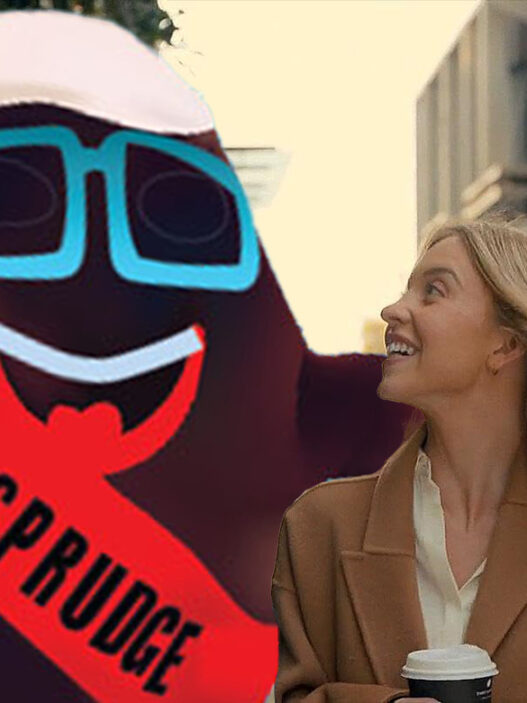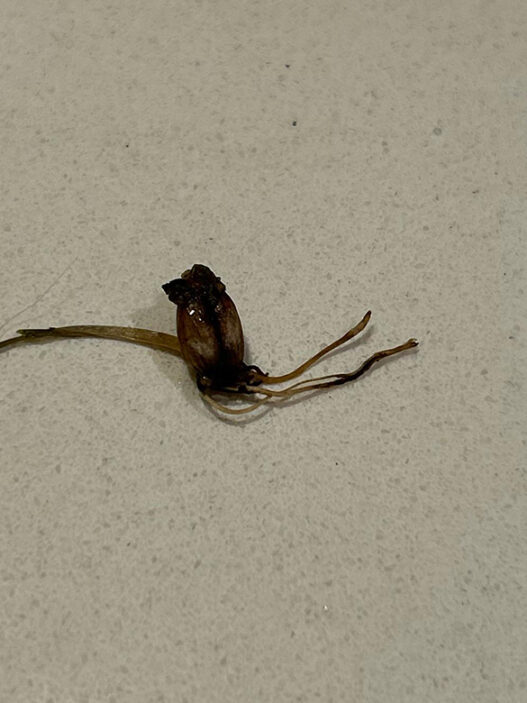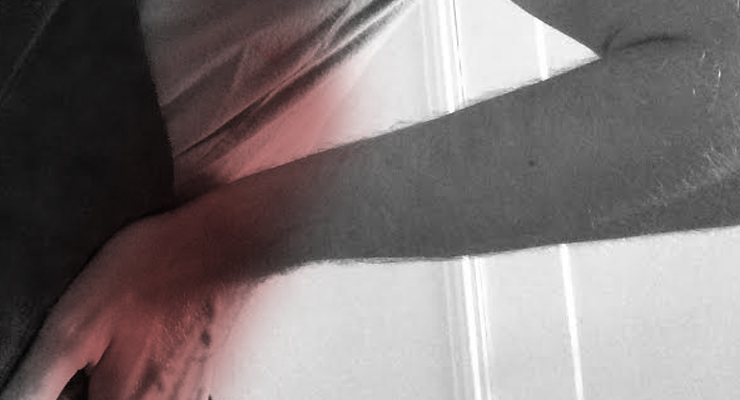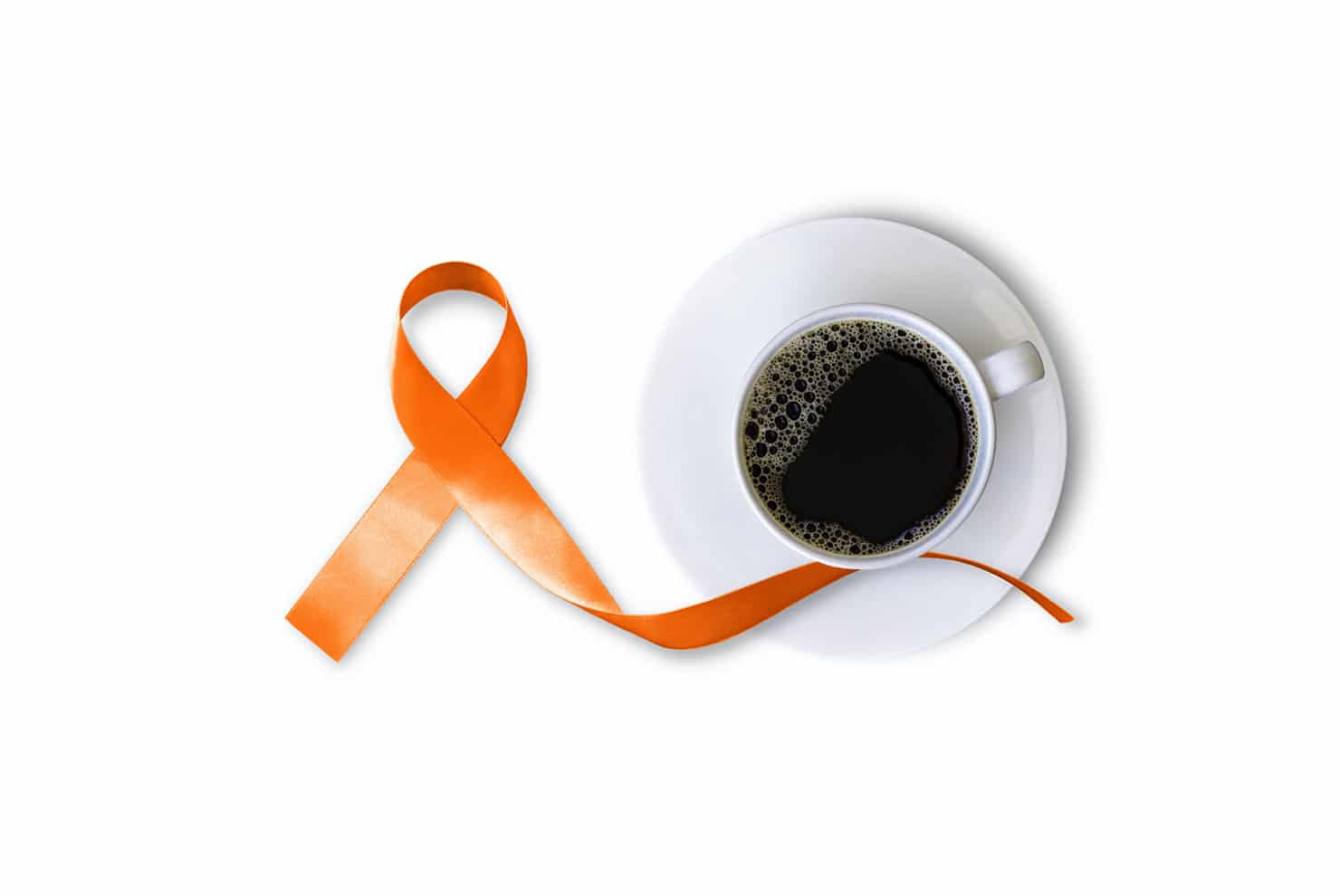A good friend told me his father once explained Canada as “Like the United States…just a bit off.”
If that’s true, Australian-influenced Manhattan cafe Little Collins is much the same. It’s like any other specialty cafe in New York—just a little bit off. Or, one could say, a little bit more on.
Yes, yes—it’s a busy, tiny, box of a space, outfitted in hastily modern Durawall and teensy Scandi-style foldaway tables. They serve Counter Culture Coffee, check, have the city’s first intallation of the new modular, under-counter Modbar brewers (specifically the pourover, espresso and steam modules) and, despite the space’s close quarters and limited seating, serve quality food. To stay. And they will bring you a water. Another one, even, if you’d like!
Why is this so special? Because it’s subtle. Because in New York, as in much of fancy coffee, commingling food service with coffee immediately tells the snobby coffee consumer that the coffee won’t be good. Owners Leon Unglik and Arnon Magal’s didn’t see why that had to be the case.
“It’s been one thing that I haven’t understood since I’ve been here,” says Melbourne transplant Unglik about the “if there’s food, it’s probably not very good coffee” stigma.
“It’s not that difficult to do both. I really know what I like with coffee, and I’m very serious about our approach here to coffee, and at the same time I really love my food, I cook a lot at home, and I just always thought, it can’t be that difficult to do both. The biggest difference between [US and Australian coffee cultures] is to me, if you go to a good cafe there, the expectation is you’ll get decent food as well. It’s the opposite of here. And here, like, since i’ve been here, the expectation is you’ll get a pastry from Balthazar.”
“I don’t overstate what we’re doing here with food,” says Unglik. “It’s simple combinations, fresh ingredients, tasty combinations that work.” Think seasonal, bright, Ottolenghi-style salads and flavors, interspersed with comforting things like brisket sandwiches or the requisite avocado toast mashy bit.
Though Unglik is Australian-born, his coffee teeth were cut in the US, after leaving a career in banking and finance law. After tenure at Kafe 1668 (south) and Toby’s Estate (Williamsburg), the increasingly popular swap of suit-for-apron saw Unglik team up with Magal, who comes from the food side as a former chef at reputed New York chickenry Peter’s Since 1969.
But beyond the not-rocket-science idea of serving good food, doing coffee in Midtown East—an idea that very recently occurred to another Australian cafe, Bluestone Lane (49th and 3rd), as well as Ninth Street Espresso (56th and Park)—is also not that earthshaking. What is special, though, are the combined effects of food, hospitality, and the Modbar. Together, the three make a slight shift in timbre from the usual brusque NYC cafe that’s perceptible. Even…what is that sensation again…? Welcoming.
“Like many coffee roasters of our ilk, I guess, a lot of people in coffee talk a big game about changing service paradigms,” says Counter Culture’s Tommy Gallagher, an NYC tech who’s spent a little quality time helping the high-volume shop adjust alongside the Modbar.
“In general coffee equipment is just a giant bulky appliance that sits on top of a countertop. And the nature of how you interface with this style of equipment as well as traditional equipment—Little Collins does a great job of maintaining across the bar dialogue the entire time you’re waiting for stuff.”
“It helps people understand better the potential of how different layouts, and different styles of service can be accomplished,” added Gallagher about Little Collins’ implementation of the brewing equipment. Which, by the way, has been instrumental in helping Modbar make changes and improvements as Little Collins and the machine learn about each other’s needs.
And that last bit, about needs—Lexington Avenue really needed this. There’s no question that quality-focused, whatever-wave cafes are proven successes in hipster districts and tourist traffic areas. But New York City is a city of every kind of person. And a high percentage of New Yorkers really want some good coffee — with a little of that harder-to-find hospitality, and maybe a chickpea toast, too.
“I really like the mix of corporate, residents, and just general foot traffic from tourists,” said Unglik of the neighborhood which regularly fills his cafe to capacity, lines crowding the door like a rush hour 5 train. “Basically I find it much more enjoyable working in an environment where it’s cranking. When you can get a really good team of coffee people who are working at their capacity and you’re churning out drinks quickly, it’s the most fun you can have, in my opinion, in this industry.”




